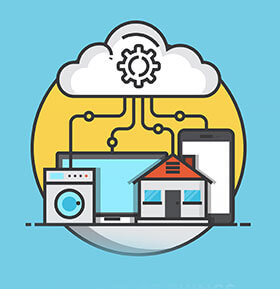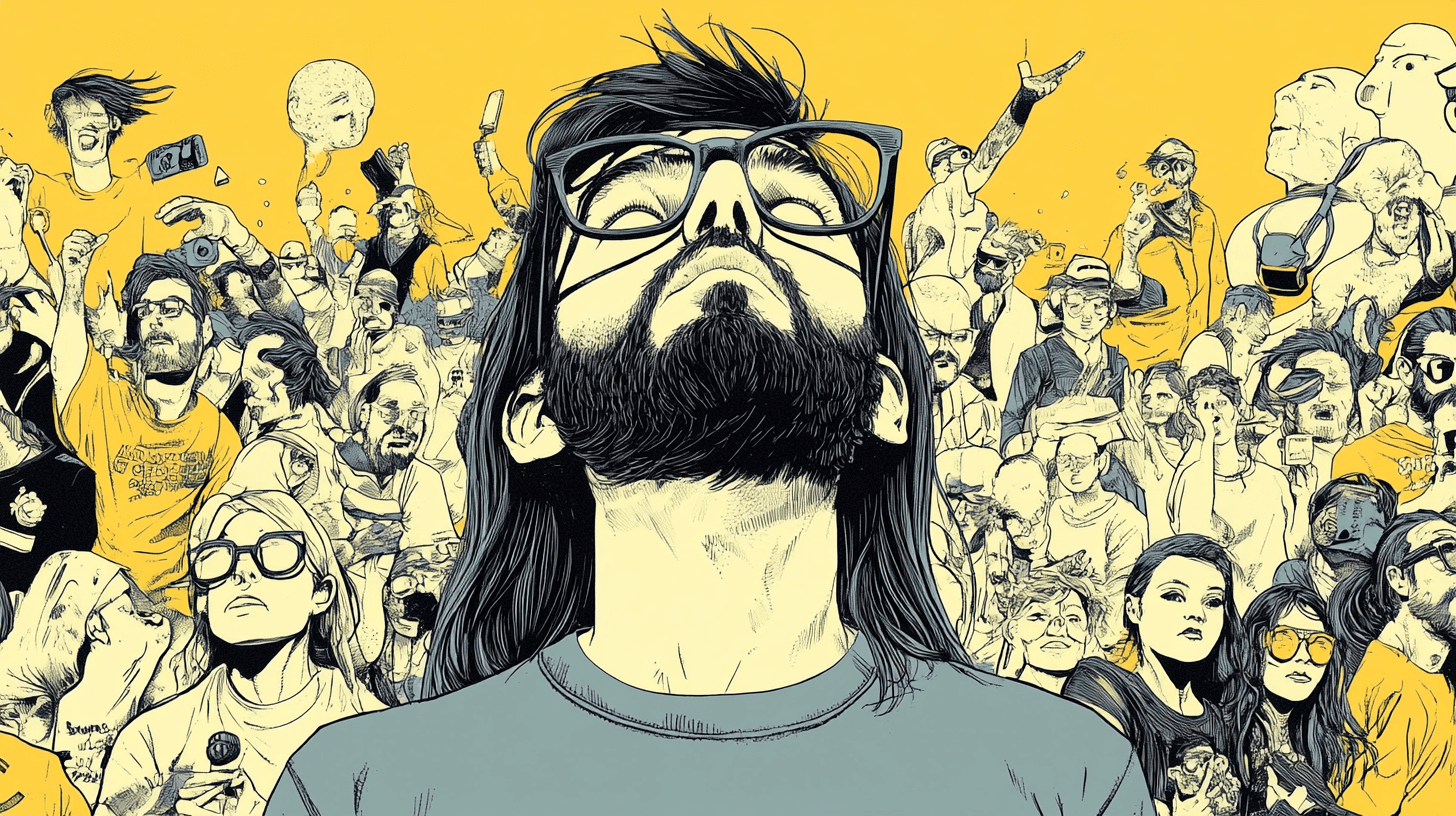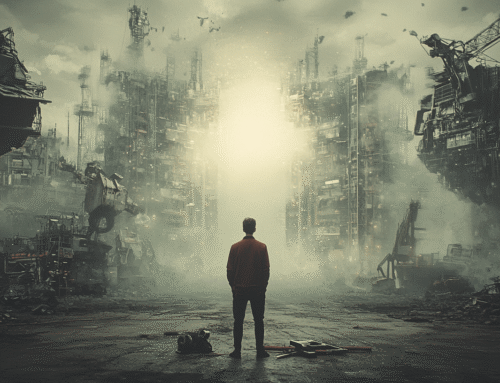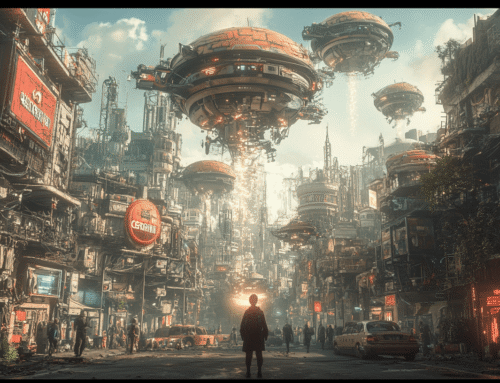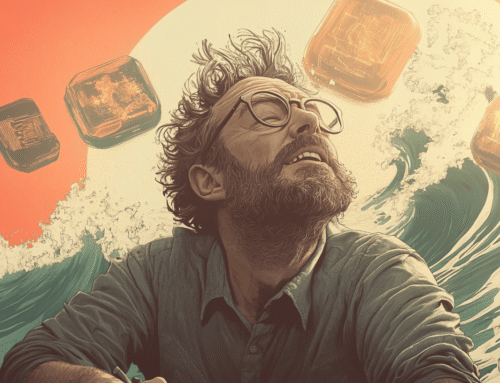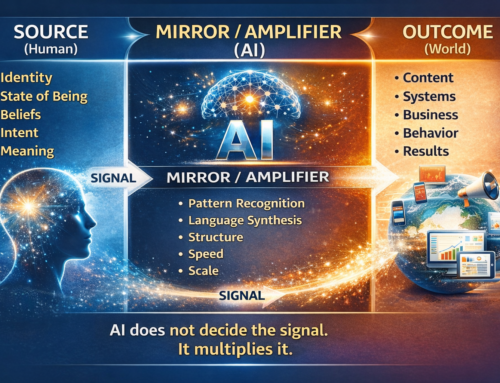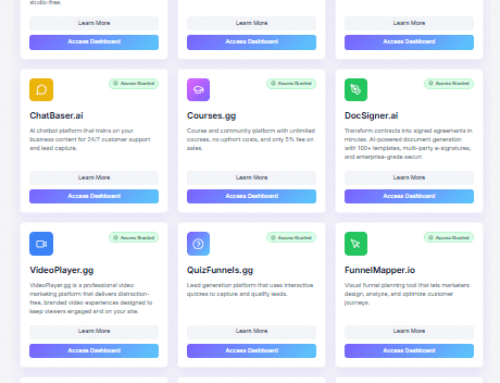The age of scarcity was manufactured. Time-for-money. Worth-for-wage.
All lies.
Now?
• AI creates.
• Decentralisation distributes.
• Tokenisation liberates.
You’re not here to labour. You’re here to build the new world.
Welcome to the age of abundance.
What does decentralisation mean in the context of online creators?
In the context of online creators, decentralisation means reclaiming power from platforms and gatekeepers—shifting control, ownership, and revenue to the creators themselves. Here’s what that looks like:
-
No More Platform Rent
Instead of being dependent on YouTube, Instagram, Substack, etc., creators can own their distribution through decentralised protocols—where followers, content, and income aren’t tied to a single company.
-
Direct Monetization
Tokens, NFTs, and smart contracts let creators earn directly from their audience—no middlemen, no fees siphoned off by corporations. Value flows peer-to-peer.
-
Own Your Audience
In web2, platforms own your followers. In web3, you own your community. You can take them anywhere, monetise creatively, and build resilient ecosystems.
-
Censorship Resistance
Decentralized platforms reduce the risk of being de-platformed or shadow-banned for not following corporate or ideological lines.
-
Community Co-Ownership
Fans can hold tokens that give them a stake in your growth. The line between audience and creator blurs—they become collaborators, not just consumers.
In short: decentralisation means creators no longer build empires on rented land. They own the land, the tools, the revenue—and most importantly, their sovereignty.
How does tokenisation liberate?
Tokenization liberates by redefining ownership, value, and access in the digital age. Here’s how:
-
Universal Ownership
Tokenisation allows fractional ownership of assets—real estate, art, ideas, businesses. No longer just the elite holding equity. Everyone can own a piece of value creation.
-
Borderless Economy
Tokens transcend geography and gatekeepers. They enable peer-to-peer value exchange without banks, brokers, or centralised institutions.
-
Aligned Incentives
Communities can now be built around shared value. Tokens let people co-own platforms, be rewarded for participation, and grow together.
-
Programmable Wealth
With smart contracts, income, rewards, royalties—everything becomes automatic and transparent. Middlemen are replaced with code. Control shifts to the creators.
-
Sovereignty Over Dependence
When you hold tokens tied to networks you believe in, you stop renting your time and start investing in your future. Work becomes optional. Contribution becomes voluntary.
Tokenisation flips the script: from extraction to empowerment. From central control to individual sovereignty.
What are Smart Contracts?
Smart contracts are pieces of code that run on a blockchain. Think of them like digital vending machines: you put something in (like money or a token), and if the conditions are met, you automatically get something out (like access to content, a payment, or a product). No middleman needed.
How They Help Creators:
-
Automatic Payments
Creators can get paid instantly and fairly. For example, every time someone buys your digital art or subscribes to your content, the smart contract sends you money—no delays, no fees taken by platforms.
-
Royalty Streams
Want to earn every time your work is resold? Smart contracts make that possible. If your song, ebook, or digital art is sold again, you get a cut automatically.
-
Access Control
Want to create exclusive content? Smart contracts can give access only to people who hold a specific token or NFT—like a digital membership card.
-
Crowdfunding Made Easy
Launch a project and have fans fund it directly through smart contracts. If funding goals aren’t met, the money is automatically returned. No need for platforms like Kickstarter.
-
No Gatekeepers
With smart contracts, you don’t need to rely on banks, apps, or third parties. You create, set your rules, and get paid—automatically and globally.
In short: smart contracts give creators more control, faster payments, and new ways to earn—without having to trust anyone but the code.
An NFT (Non-Fungible Token) is a unique digital asset stored on a blockchain. It proves ownership and authenticity of something—like art, music, videos, writing, or even access rights.
Here’s a breakdown in simple terms:
🧠 Think of it like this:
-
A fungible item is interchangeable (like dollars or Bitcoin—1 is always equal to 1).
-
A non-fungible item is unique and can’t be swapped one-for-one (like a signed first edition book or a rare trading card).
🔐 What NFTs Do:
-
Prove you own something digital (like a certificate of authenticity).
-
Store rights—like access to private content, communities, or even revenue.
-
Live on a blockchain, meaning no one can fake, duplicate, or erase it.
🧑🎨 How NFTs Help Creators:
-
Monetize digital work directly (sell art, music, writing, etc.).
-
Earn royalties every time the NFT is resold (via smart contracts).
-
Build communities by giving NFT holders exclusive content, events, or perks.
-
Raise funds without middlemen by launching NFT collections tied to creative projects.
In short: an NFT is like a digital key that unlocks value, ownership, and connection—created by you, controlled by code, owned by your fans.
On a final note, we also need to sort out the financial system to remove power from the central banking system. Enter the gold-backed Quantum Financial System which will be operated on an unhackable blockchain system. It is coming for all of us and it represents freedom.
